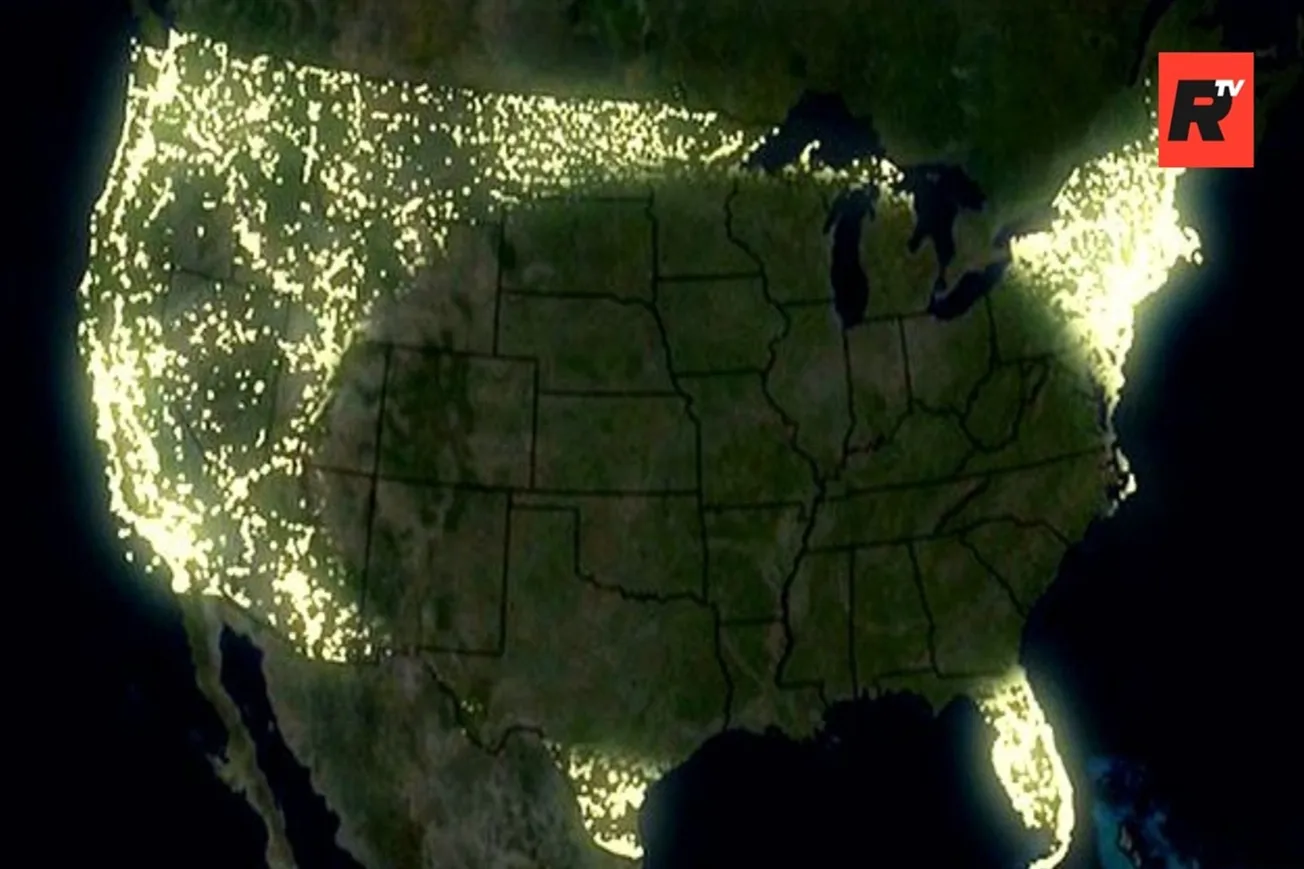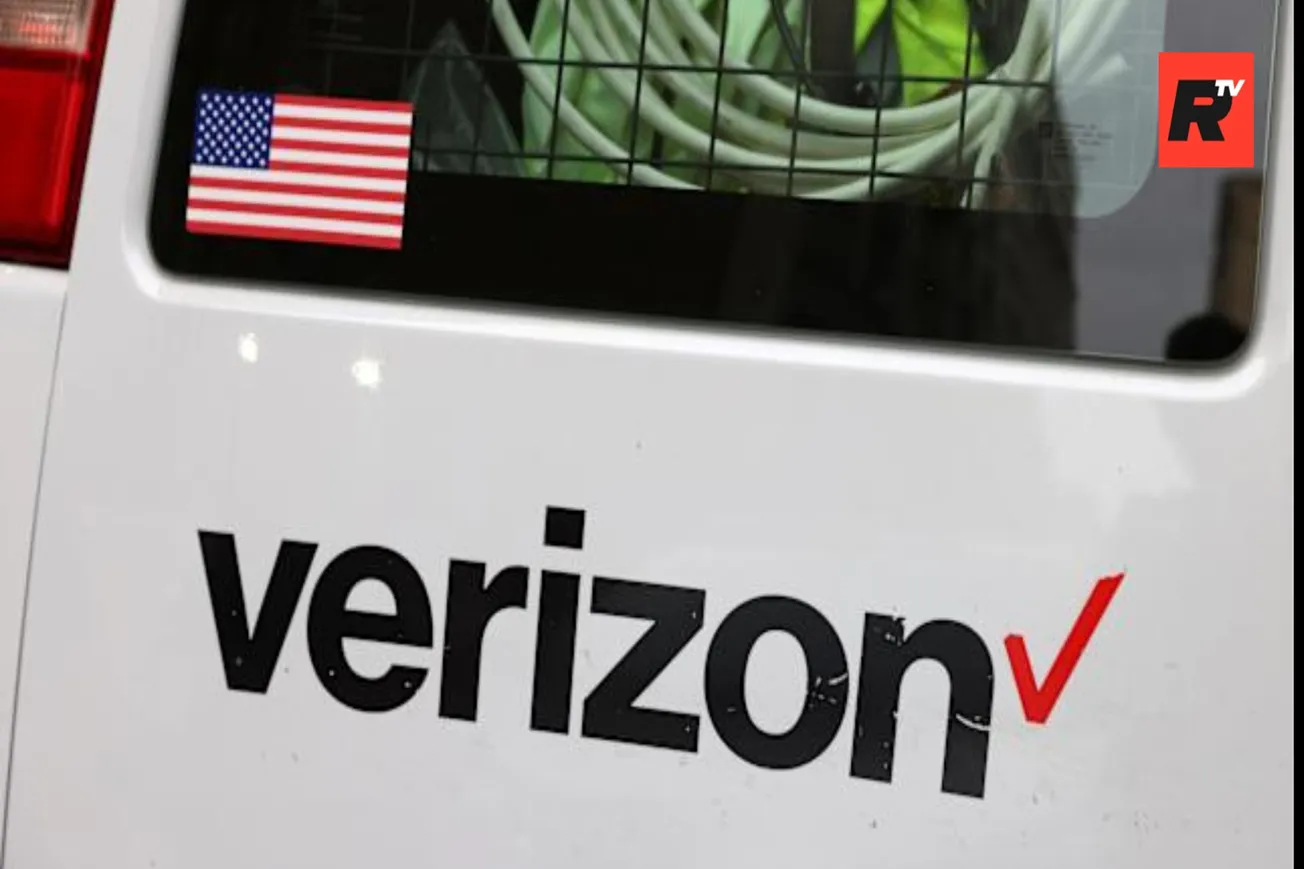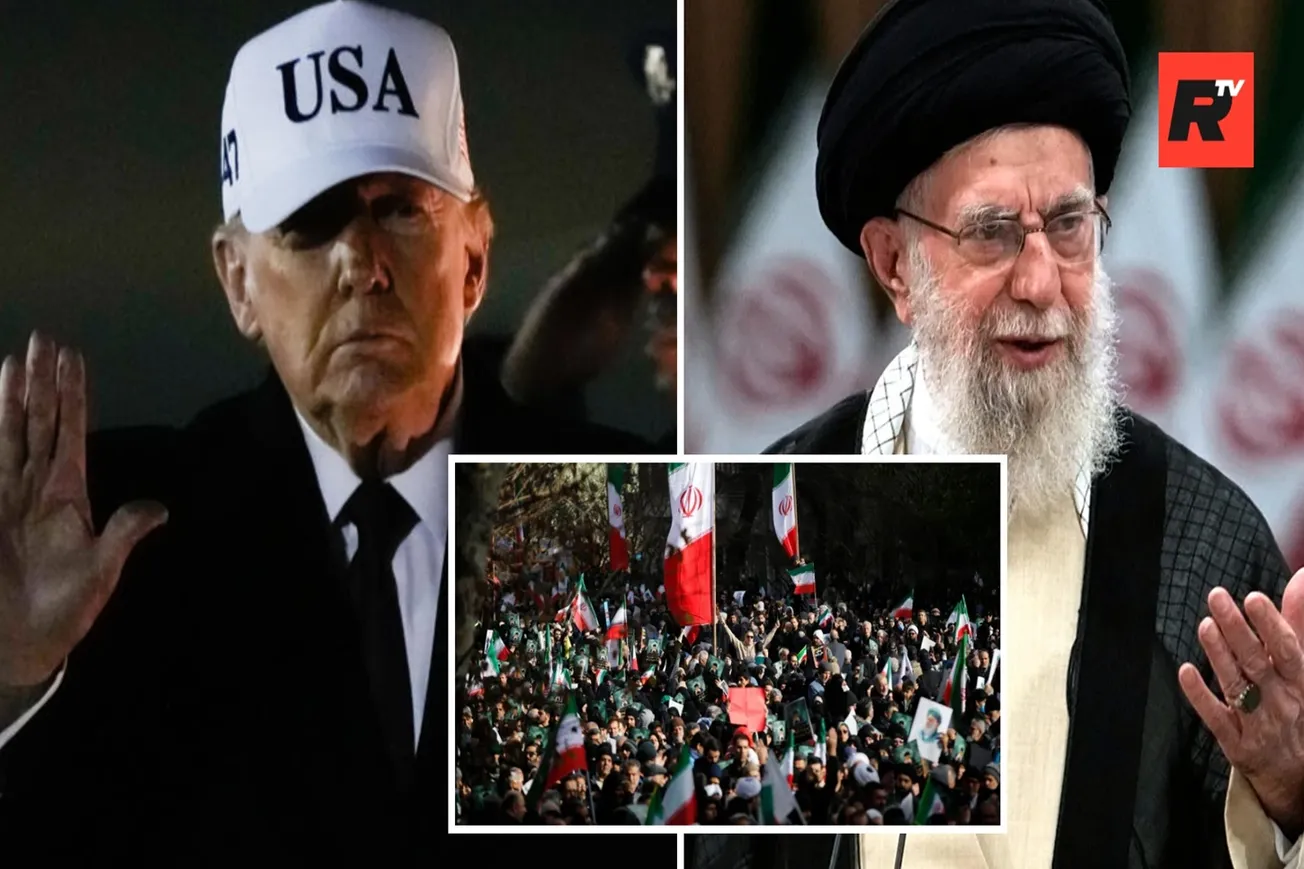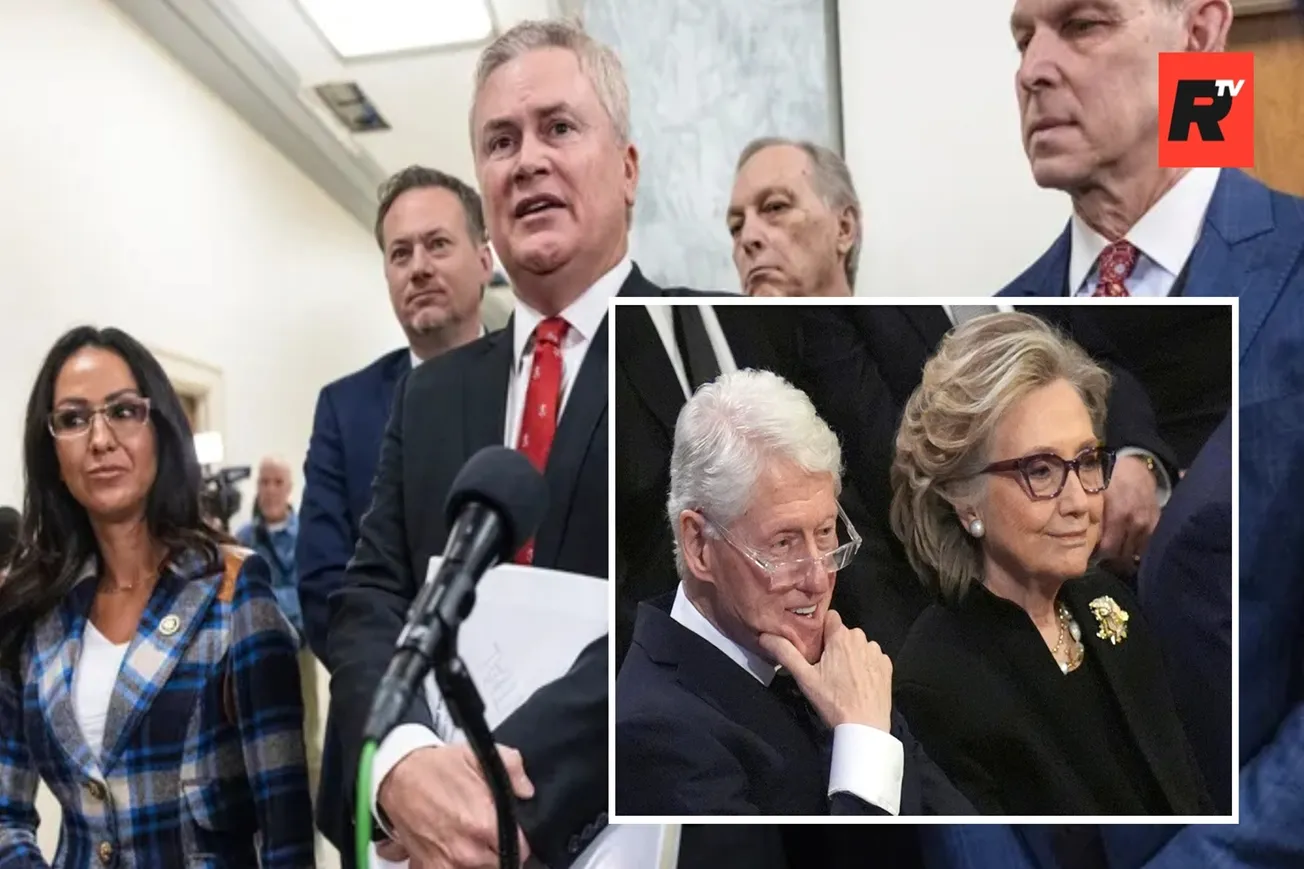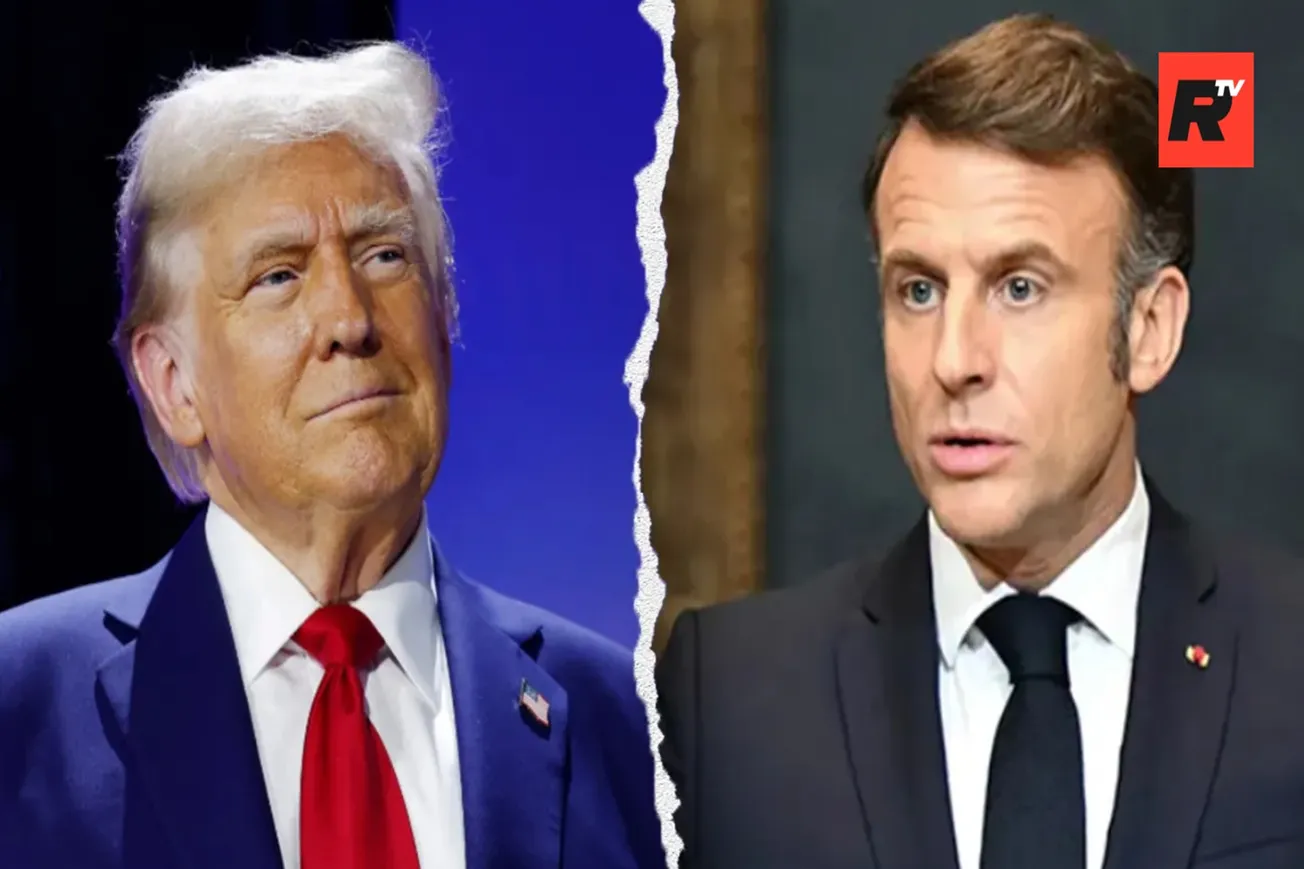Table of Contents
Meta CEO Mark Zuckerberg, once a vocal critic of conservative voices, found himself escorted out of the White House after an uninvited appearance during a high-stakes military briefing.
The incident, described by some as "bizarro world," raises questions about security, influence, and Zuckerberg’s sudden pivot toward President Donald Trump.
The billionaire head of Meta was abruptly asked to leave the Oval Office after unexpectedly entering a classified meeting between President Donald Trump and top military leaders discussing the Air Force’s next-generation F-47 stealth fighter jet, sources familiar with the matter told NBC News.
The exact date of the incident remains undisclosed, but officials expressed alarm over Zuckerberg’s presence, citing his lack of security clearance for the sensitive discussion.
The unexpected intrusion left military officials rattled, with some questioning whether sensitive information was compromised.

"They quietly discussed among themselves whether the visitors and calls might have compromised sensitive information, with one asking whether they should be concerned about ‘spillage,'" one official told NBC News, describing the scene.
Officials were "mystified and a bit unnerved" by the lack of privacy, with one calling the environment "bizarro world," other insde sources told the publication.
The incident underscores the reportedly chaotic, open-door atmosphere of Trump’s White House, which the president himself has dubbed "Grand Central Terminal" due to its constant stream of visitors.
Trump’s hands-on style, which reportedly includes spontaneous phone calls to confidants like Dana White and Rupert Murdoch, adds to the unpredictability.
A senior White House official, however, pushed back, claiming the incident was mischaracterized, noting, Zuckerberg’s visit was prearranged and no accident.
"Zuckerberg popped in to say hello at the President’s request, and then left to wait for his meeting with POTUS to begin, which was scheduled to occur after the meeting with the pilots," the official said.
Adding to the confusion surrounding concerns about White House protocol and security, Trump’s cellphone reportedly rang multiple times during the meeting, and a young aide briefly entered to show the president something on her laptop, further disrupting the discussion.

Zuckerberg’s White House visit comes amid an alleged dramatic shift in his political stance.
A vehement champion of liberal causes, including pro-immigration policies, Zuckerberg has recently aligned himself with Trump’s MAGA agenda.

He attended Trump’s inauguration earlier this year, rubbing elbows with billionaires Elon Musk and Jeff Bezos, and appointed prominent Republican Joel Kaplan as Meta’s head of global policy in January.

Additionally, UFC CEO Dana White, a staunch Trump ally, joined Meta’s board just weeks before Trump’s return to office.
But let’s not kid ourselves—Zuckerberg’s no MAGA warrior.
This pivot follows a controversial history of censorship on Meta’s platforms, silencing conservatives, banning Trump supporters, and pushing Big Tech’s woke agenda.
Zuckerberg’s Facebook, in coordination with Google, aggressively purged influentieal Trump supporters and conservative news outlets and viewpoints from his platfroms, citing violations of community standards.
Then, during the COVID pandemic, users were banned and censored for posting what was deemed “COVID misinformation.” This included warnings about the potential risks of COVID vaccines, experimental mRNA technology, which were later validated by studies revealing side effects like myocarditis, sudden death and blood clots.
These actions fueled accusations of political bias and censorship, alienating conservative audiences.

So why the sudden coziness with President Trump? His motives are likely tied to self-preservation and business interests. It’s not about principle; it’s about survival.
Analysts speculate that Zuckerberg’s outreach to Trump is a strategic move to secure influence in a Republican-dominated administration. With Meta facing antitrust scrutiny and regulatory pressure, aligning with Trump could shield the company from aggressive oversight.
Additionally, Zuckerberg may be seeking to repair Meta’s image among conservatives, who have long criticized the platform for bias.
His appointment of GOP figures and engagement with Trump signal a calculated effort to curry favor with the administration.
Trump’s deputy chief of staff for communications, Taylor Budowich, defended the administration’s approach to a reported revolving door of aides, assuring "President Trump has assembled the greatest cabinet in American history–a group of talented individuals who embody the diverse coalition that delivered his historic election victory. Cabinet Member and White House Chief of Staff, Suzanne Wiles, has played an integral role in operationalizing his agenda through his administration and has ensured everyone is empowered with the tools to deliver on the president’s mandate."
Despite the chaos, Trump’s supporters argue his unorthodox style delivers results, pointing to a pending bill addressing taxes and immigration and a ceasefire between Iran and Israel.
Critics, however, warn that the lack of structure risks leaks and mismanagement.
The Zuckerberg incident shines a spotlight on the high-energy, high-risk environment of Trump’s White House, where access and influence collide with security concerns.
As Meta’s CEO navigates his newfound alliance with the president, questions linger about his motives and the broader implications for tech and politics. For now, the Oval Office remains a stage for the unexpected.


